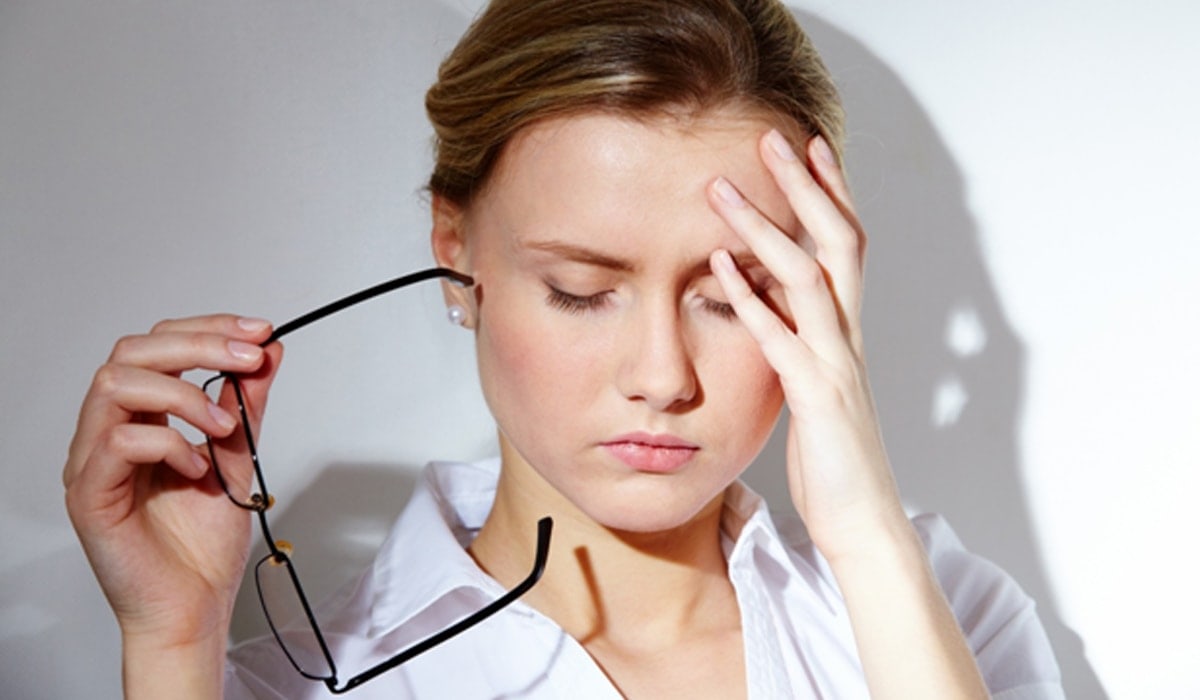It is 100% normal if you experience fear and anxiety when visiting a dental clinic. The majority of dental procedures are not painful; however, receiving an examination can cause stress and anxiety.
A little bit of anxiety is tolerable; however, those with dental phobia may avoid the dentist altogether due to fear when you avoid receiving regular dental care, your chances of developing gum infections, tooth decay, and pain increases.
People with dental anxiety experience a sense of uneasiness during their appointments. Dental phobia is a severe condition that causes individuals to panic and have an intense fear of the dentist. Contact our dental clinic today
There are many degrees of dental phobia and anxiety. An extreme case may result in a person never seeing the dentist. Others dread the thought of going to visit their dentist. Some people may begin to feel sick in the waiting room.
Dental phobia can be treated so that issues do not worsen over time. Emotional stress can make dental visits uncomfortable. That’s why we offer methods to relieve your fear or anxiety.
Contact our dentist near you to find out more about how we can help you treat dental phobia and anxiety.
People who are unusually tense tend to have a lower pain threshold. This means they may feel pain at lower levels than other people. They may need extra anesthetic or other pain treatments. They may even develop stress-related problems in other parts of the body. For example, they may have headaches or muscle stiffness in the neck or back.
Causes of Dental Anxiety and Phobia
People develop dental anxieties and phobias for many different reasons. When researchers interview patients, however, a few common themes emerge.
Pain — In a survey of people who had not seen a dentist for 12 months, 6% reported fear of pain as the main reason. The fear of pain is most common in adults 24 years and older. This may be because their early dental visits happened before many of the advances in “pain-free” dentistry.
Feelings of helplessness and loss of control — Many people develop phobias about situations — such as flying in an airplane — in which they feel they have no control. When they’re in the dental chair, they have to stay still. They may feel they can’t see what’s going on or predict what’s going to hurt. It’s common for people to feel helpless and out of control, which may trigger anxiety.
Embarrassment — The mouth is an intimate part of the body. People may feel ashamed or embarrassed to have a stranger looking inside. This may be a particular problem if they’re self-conscious about how their teeth look. Dental treatments also require physical closeness. During a treatment, the hygienist’s or dentist’s face may be just a few inches away. This can make people anxious and uncomfortable.
Negative past experiences — Anyone who has had pain or discomfort during previous dental procedures is likely to be more anxious the next time around.
Symptoms
There isn’t a clear boundary that separates “normal” anxiety from phobia. Everyone has fears and concerns and copes with them in different ways. However, the prospect of dental work does not need to fill you with terror. If it does, then you may need some help overcoming the fears.
Some of the signs of dental phobia include:
- You feel tense or have trouble sleeping the night before a dental exam.
- You get increasingly nervous while you’re in the waiting room.
- You feel like crying when you think of going to the dentist. The sight of dental instruments — or of white-coated personnel in the dentist’s office — increases your anxiety.
- The thought of a dental visit makes you feel physically ill.
- You panic or have trouble breathing when objects are placed in your mouth during a dental appointment.
If this describes you, you need to tell us about your feelings, concerns and fears. We will help you overcome these feelings by changing the way you are treated.
